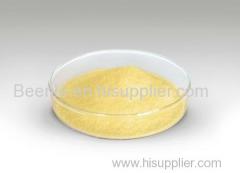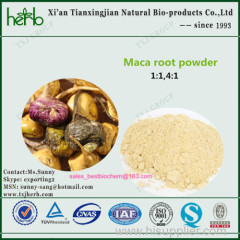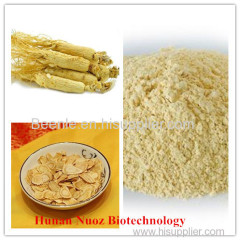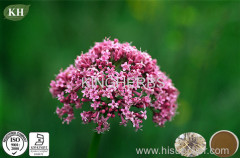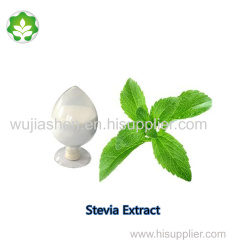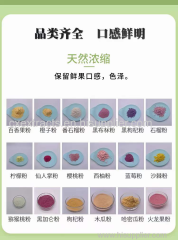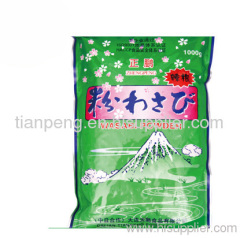
Natural wasabi horseradish Root Powder Extract
0.29~0.78 USD
| Min. Order: | 20 Cartons |
|---|---|
| Payment Terms: | L/C, T/T |
| Supply Ability: | 920 Ton/Tons / Year |
| Place of Origin: | Liaoning |
Company Profile
| Location: | Dalian, Liaoning, China (Mainland) |
|---|---|
| Business Type: | Manufacturer |
| Main Products: | Wasabi, Mirin Fu Japanese Seasoning, OEM Brand Popular In Japanese Sake, Processed Pickled Sushi Ginger, Superior Light Soy Sauce OEM |
Product Detail
| Model No.: | TP023 |
|---|---|
| Means of Transport: | Ocean, Air, Land |
| Brand Name: | OEM |
| Taste:: | Spicy |
| Certification:: | BRC, FDA, HACCP, ISO, KOSHER |
| Shelf Life:: | 24 months |
| ingredient::: | Horseradish |
| Weight (kg):: | 1kg |
| Packaging:: | Cartons |
| Storage: | in cool and dry place |
| Color: | white |
| Moisture: | 3-6% |
| Production Capacity: | 920 Ton/Tons / Year |
| Packing: | Stanard Export Carton packing |
| Delivery Date: | 10--25 days |
Product Description
The horseradish root is a close relative to and contains an eye-watering that produces the heat and spice for which horseradish powder is known. This , present in both mustard and horseradish, is called allyl isothiocynate. When the horseradish is not dried and powdered right away, the chemical begins to degrade and may produce a bitter rather than a hot taste.
----
----
Normally you'll use horseradish powder in sauces and dips that aren't cooked. Cooking tends to break down the oil present in the horseradish powder and produces less heat. On the other hand, if you'd like a little bit of the flavor of horseradish without too much spiciness, you can use a bit of the powder in cooked sauces.
----
----
Look for the powder of horseradish next to other spices in local grocery stores. It might also be sold next to the 's section or meat section of a store. If you’re looking for wasabi, be sure to read the labels carefully to make sure you’re buying the "real" wasabi, You may locate this in the ethnic foods section of your grocery store, or in Asian grocery stores.
----
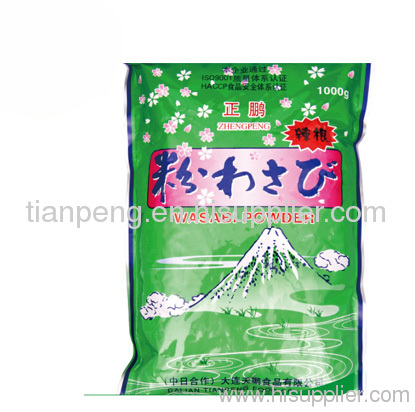
----



